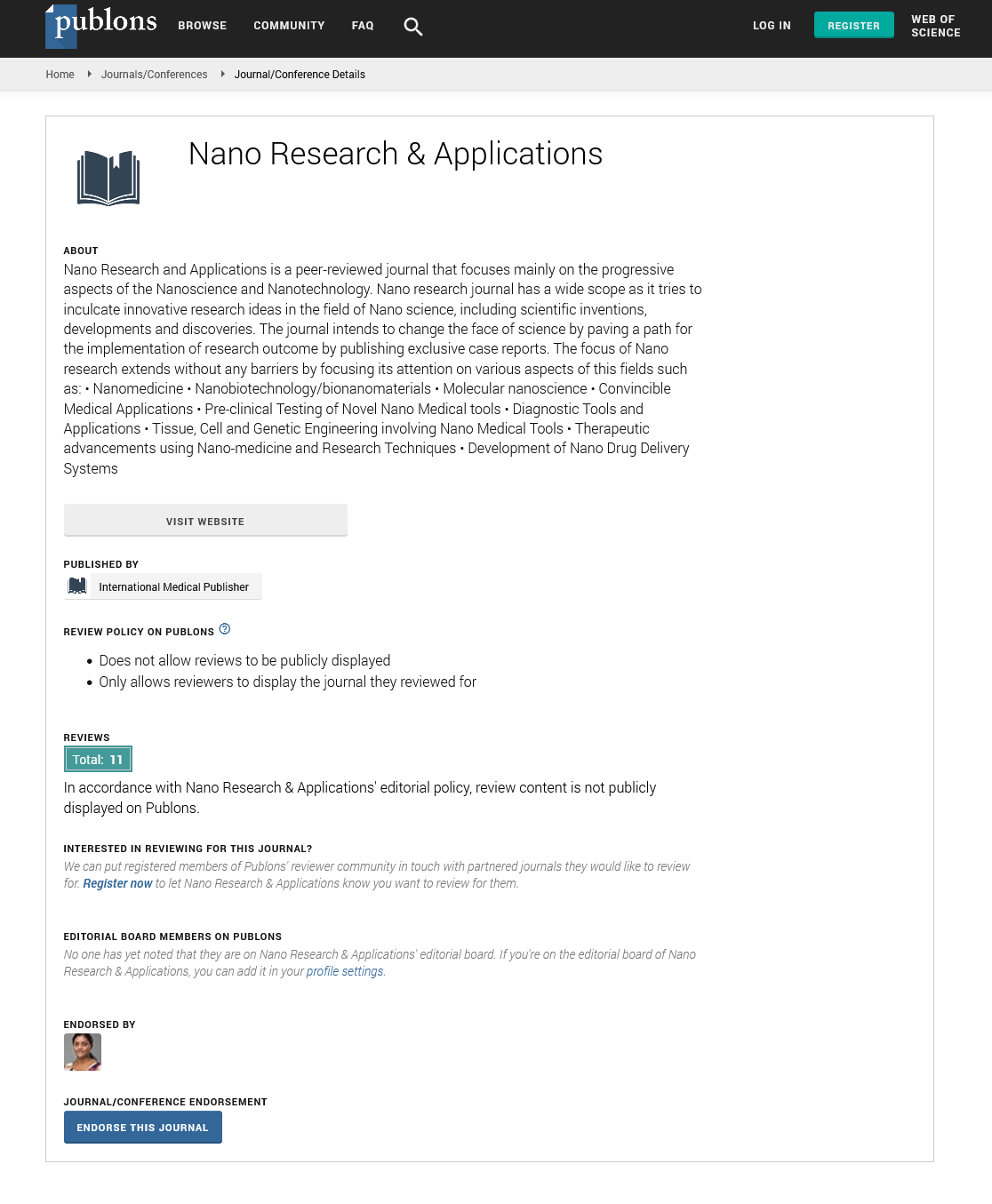Abstract
Sealing Holes of an Anodic Aluminum Oxide Alloy by Nanotitania for Enhanced Corrosion Resistance
This study aims to explore an effective, novel, and environmentally friendly method that overcomes the limitations and shortcomings existing in the traditional approaches for sealing holes on aluminum alloy. Herein, the holesealing treatment of an Anodic Aluminum Oxide (AAO) alloy film using two types of titanium sources with a high stability in aqueous electrolytes, that is, ammonium fluorotitanate and titanium potassium oxalate, to electrically deposit nanotitania on the film surface was investigated. The nanotitania deposited electrochemically for hole sealing has the advantages of the high physiochemical stability, low cost, and non-toxicity, which can thus readily improve the corrosion resistance of the sealed AAO in an environmentally friendly manner. Such sealed AAO can also result in a UV-shielding performance due to the commonly-known UV absorption properties of nanotitania. The hole sealing effect is also compared between the two systems involving the two types of titanium sources at different concentrations, voltages and time. The optimization of the preparation conditions is achieved by means of weight loss measurements. Potentiodynamic scan and electrochemical impedance spectroscopy results reveal that the hole-sealed sample-based on ammonium fluorotitanate shows a higher corrosion resistance as compared to the one based on titanium potassium oxalate. Significantly, the optimal conditions for the hole sealing of the aluminum alloy are evidenced to be the concentration of ammonium fluorotitanate of 0.1 mol/L, AC voltage of 3 V, and time of 900 s.
Author(s):
Menglei Chang, Hongyang Wei, Dongchu Chen*, Huawen Hu*, Yuyuan Zhang, Xiufang Ye, Kewei Zeng, Dongmu Li
Abstract | Full-Text | PDF
Share this

Google scholar citation report
Citations : 387
Nano Research & Applications received 387 citations as per google scholar report
Nano Research & Applications peer review process verified at publons
Abstracted/Indexed in
- Google Scholar
- China National Knowledge Infrastructure (CNKI)
- Directory of Research Journal Indexing (DRJI)
- WorldCat
- Publons
- Secret Search Engine Labs
- Euro Pub
Open Access Journals
- Aquaculture & Veterinary Science
- Chemistry & Chemical Sciences
- Clinical Sciences
- Engineering
- General Science
- Genetics & Molecular Biology
- Health Care & Nursing
- Immunology & Microbiology
- Materials Science
- Mathematics & Physics
- Medical Sciences
- Neurology & Psychiatry
- Oncology & Cancer Science
- Pharmaceutical Sciences


